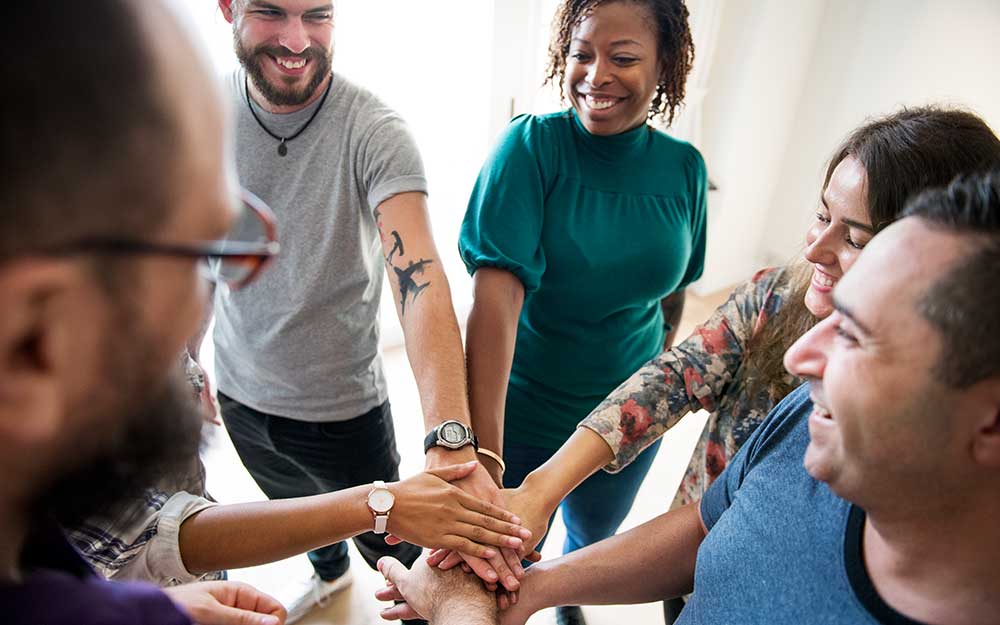While mental health disorders do not discriminate, there is increasing recognition that mental health disorders do affect various populations differently.
Here are just a few examples from the American Psychiatric Association:
- Although rates of depression are lower in African Americans (24.6%) and Hispanics (19.6%) than in white adults (34.7%), depression in African Americans and Hispanics is likely to be more persistent.
- LGBTQ individuals are more than twice as likely as heterosexual men and women to have a mental health disorder in their lifetime.
- White Americans are more likely to die by suicide than people of other ethnic and racial groups.
- Compared with men, women are twice as likely to experience posttraumatic stress disorder (PTSD).
Dr. Chad Wetterneck, licensed clinical psychologist for anxiety and PTSD at Rogers, shares some strides that have been made by mental health providers when it comes to providing compassionate and personalized care to all populations.
-
Each person has a unique story
In the helping professions, we are taught to recognize that the patient’s perspective and life experiences are most important, and we as clinicians receive training on how to understand and empathize with what others have gone through. -
Understand the impact of prejudice, discrimination, sexism, sexual orientation, and religion
Women are commonly treated differently. For example, they can experience expected gender roles, objectification, lower pay for similar work, etc. Older adults may experience lower hire rates, or stigma related to ‘speed of work’. People with particular sexual orientations are often called disparaging terms, threatened or attacked because of their orientation. In addition, experience with racism has been linked to mental health disorders like PTSD or depression, and physical health conditions caused by stress. - Recognize how trusting authority can affect treatment
We hear from our patients, ‘how can you know my pain if you haven’t been depressed, had suicidal thoughts, gone through trauma, obsessions, substance use, or disordered eating?’ We have to validate these concerns and recognize—whether the patient brings it up or not—that they may be concerned about our ability to relate to mental health challenges, and living in society as an African American, transgender, female, devoutly religious, or disabled person.
- Break down barriers to receiving mental health care
As mental health providers, we naturally want to help as many people as possible, but we realize that there are still barriers to some populations receiving treatment including cultural norms. Some may view help for mental illness as taboo; there’s mistrust of authority; lack of transportation to hospitals; and lack of diversity in staff with whom populations may identify with.
What is Rogers doing to make it easier for all populations to receive specialized mental health treatment?
Respecting and supporting each individual’s background and needs is paramount for Rogers Behavioral Health.
Dr. Wetterneck notes Rogers has worked with experts in cultural diversity. “We use a state-of-the-art clinical interview to assess racial stress and trauma to help recognize the damaging effects of racism, prejudice, and discrimination. We validate reports of discrimination and distress to support our patients. We show our patients that we want to know how their upbringing and identity have influenced them for better or worse and understand that one treatment approach may not be right for all.”
As part of Rogers’ admissions process, we ask our patients what gender they identify with, what gender they were assigned at birth, what their preferred name is, and what pronouns they prefer. This allows us to address them appropriately in person and in our documentation.
Recognizing the diverse South Florida population, Rogers’ Miami location is offering bilingual (English and Spanish) treatment and ensuring staff understands cultural needs and how to most effectively support patients, families and caregivers. Our staff understand the challenges of not only treating our diverse patients, but also equipping their families and loved ones with an understanding of behavioral disorders and offering the support they might not receive from their own communities.


